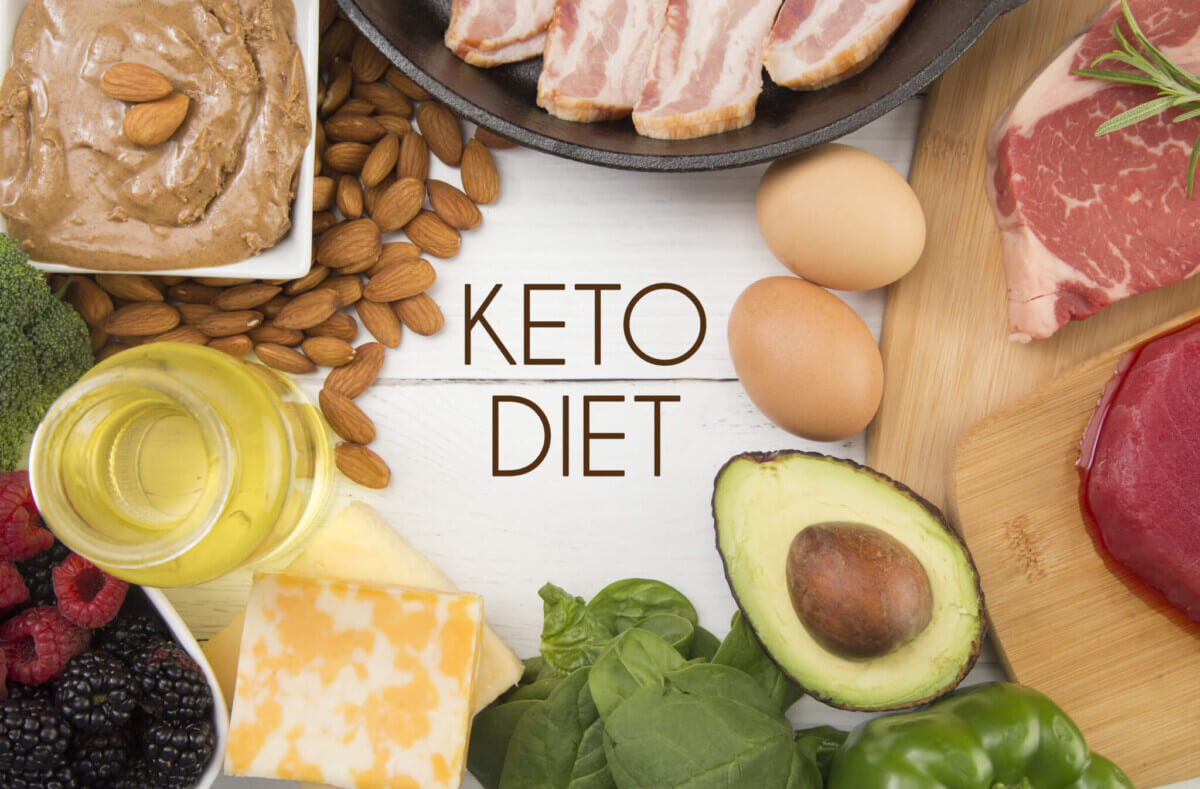
(© pamela_d_mcadams - stock.adobe.com)
In the late 1800s, the medical community first reported the health effects of low-to-very-low carbohydrate (ketogenic) diets, which allowed unlimited consumption of fats and proteins and unrestricted calorie intake. However, some concerns were raised. The Council on Foods and Nutrition of the American Medical Association criticized the scientific evidence available at the time, fearing potentially harmful health effects, especially on the cardiovascular system.
One of the most recently published studies in the journal Nutrients makes a strong case in favor of the effects of ketogenic diets on the cardiovascular system. The diets have:
- Favorable effects on blood lipids (cholesterol, triglycerides)
- Strong anti-inflammatory effects
- Cardioprotective effects
- Weight-loss promoting effects
- Favorable effects on blood pressure and other risk factors for cardiovascular disease
- Ketone bodies provide “rescue fuel” for a diseased heart by affecting metabolism
They also improve the function of the lining of blood vessels, possibly inhibiting premature aging.
The investigating team of scientists at the Siedlce University of Natural Sciences and Humanities in Poland declared that the performance of ketogenic diets on the cardiovascular system is superior to that of other diets.

Let’s take a detailed look at ketogenic (low carbohydrate) diets.
In 1972, ketogenic diets exploded in popularity with the release of “Dr. Atkins Diet Revolution.” Then, in the early 2000s, some randomized controlled trials showed that participants who followed diets with the lowest carbohydrate content (i.e., versions of the Atkins diet) had greater weight loss and greater improvements in some risk factors for coronary heart disease than those assigned to diets with higher carbohydrate content. The scientific community intensified its exploration of the clinical potential of this type of diet.
For most people, consuming 20 to 50 grams of carbohydrates per day leads to ketones in the urine. Ketones are acids your body makes when it uses fats instead of glucose for energy. These diets are referred to as very low-carbohydrate, ketogenic diets.
Diets with more carbohydrates (50 to 150 g per day) are still defined as low in carbohydrates compared with average consumption, but these diets may not induce the metabolic changes that produce ketones.
In general, any diet in which carbohydrates are less than 40 to 45% of total intake can be classified as low in carbohydrates. Several popular diets fall into this category. In the Zone diet, 30% of calories are protein, 30% are fats, and 40% are carbohydrates. Every meal should conform to a protein-to-carbohydrate ratio of 0.75. Both the Zone diet and the South Beach diet promote the consumption of complex carbohydrates with the aim of reducing postprandial serum insulin concentrations.
Diets that restrict carbohydrates induce metabolic changes that are similar to those seen with starvation conditions (e.g., changes in plasma levels of free fatty acids, insulin, glucose, and ketone bodies). A decrease in one particular type of nutrient is always accompanied by a parallel increase in another type of nutrient. That makes it important to evaluate these diets by considering not only the low carbohydrate content but also the high content of fats, proteins, or both.
Evidence from long-term studies suggests that diets that are very low or low in carbohydrates result in weight loss that is equivalent to, but not greater than what's seen with other diets that have a higher carbohydrate content. On the other hand, randomized controlled trials have shown that low-carbohydrate ketogenic diets effectively reduce cardiovascular risk factors (levels of blood glucose, glycated hemoglobin, and certain but not all blood lipids), especially in patients with overweight or obesity and Type 2 diabetes.
Ketogenic diets have been reported to significantly reduce body weight and fat mass in patients with cancer. Interest is growing in the potential effects of these diets on schizophrenia and mood disorders, as well as the role of these diets in relation to cognitive function, Alzheimer’s disease, and other dementias.










